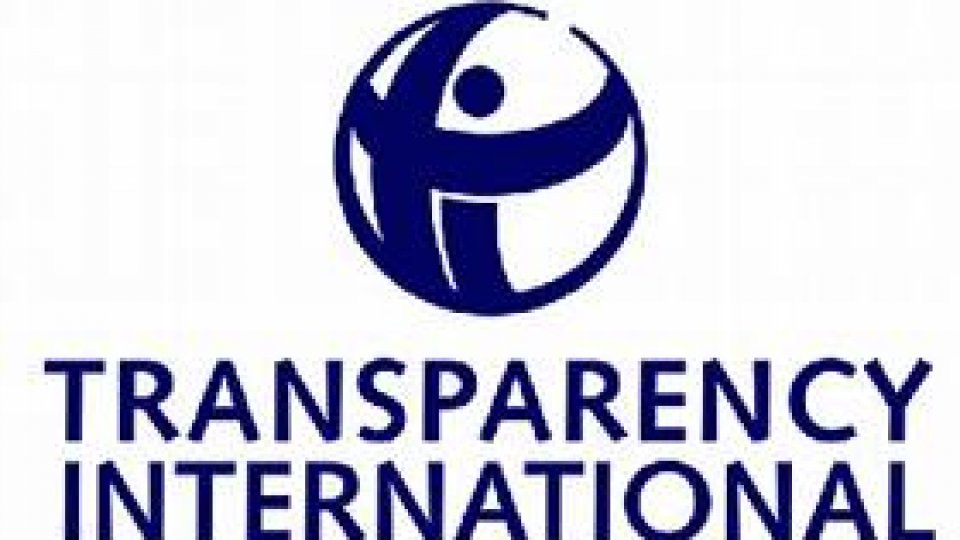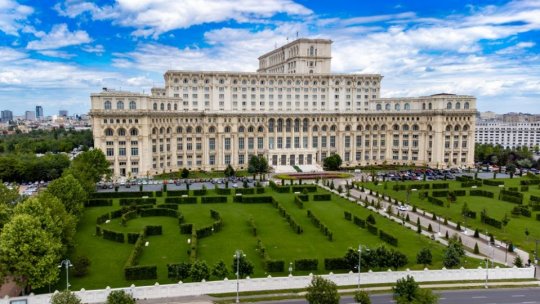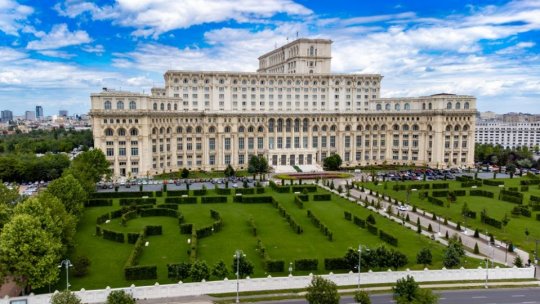Romania and the Corruption Perception Index
Anti-corruption prosecutions have picked up, but Romania still has the reputation of a very corrupt country, one of the worst in the EU.

Articol de Radio România Internaţional, 05 Decembrie 2014, 10:45
Every year, Transparency International issues a corruption perception index, which places Romania in 69th place out of 175 countries and territories in 2013.
The classification measures the perceived levels of public sector corruption.
The index ranked 175 countries on a scale of 0 to 100, with 0 being considered highly corrupt.
Two thirds of the world’s countries scored less than 50 points.
Romania scored 43, alongside another three states in the EU, Bulgaria, Greece and Italy.
Iulia Cospanaru, deputy director of the Romanian branch of Transparency International, finds this low score worrying, as well as the fact that this is the second consecutive year when the country is found highly corrupted.
"It is worrying that this score is constant. We have to consider the fact that the last two years have seen many election campaigns, which have brought to public attention a number of such cases, which justifies this perception", Iulia Cospanaru said.
Dozens of present and former ministers, MPs, mayors and county council chairmen, from both the left and the right wing, in power or in the opposition, have been investigated, prosecuted and convicted lately for corruption, for cases that have deprived the Romanian state of millions of Euro.
According to a Eurobarometer, some Romanians believe that there are enough anti-corruption investigations as compared to the European average.
"We are 20 points below the European average. This is also explained by the fact that in Europe we have the countries that rank highest. Generally, Scandinavian countries have the highest scores. When we talk about high scores and the perception of corruption, we have to take into consideration the fact that it exists everywhere, but it takes many different shapes.
"What we have to keep in mind is that the perception of the citizens of these countries with respect to corruption is much diminished as a result of the quality of services that the state provides", Iulia Cosparanu said.
Transparency International points out that bad schools, counterfeit medical drugs and elections influenced by money are only a few of the consequences of corruption in the public sector.
Bribery and back door deals harm the most vulnerable, in addition to undermining the judicial system and economic development, sapping confidence in governments and leaders.













